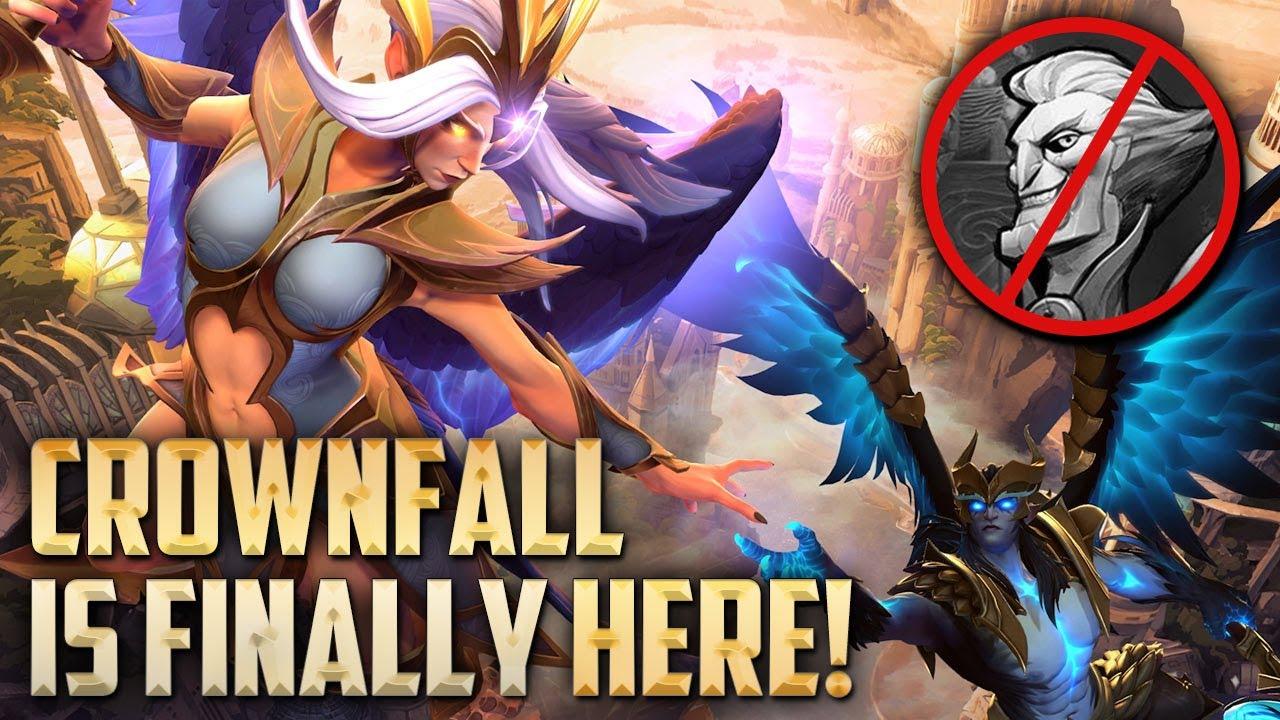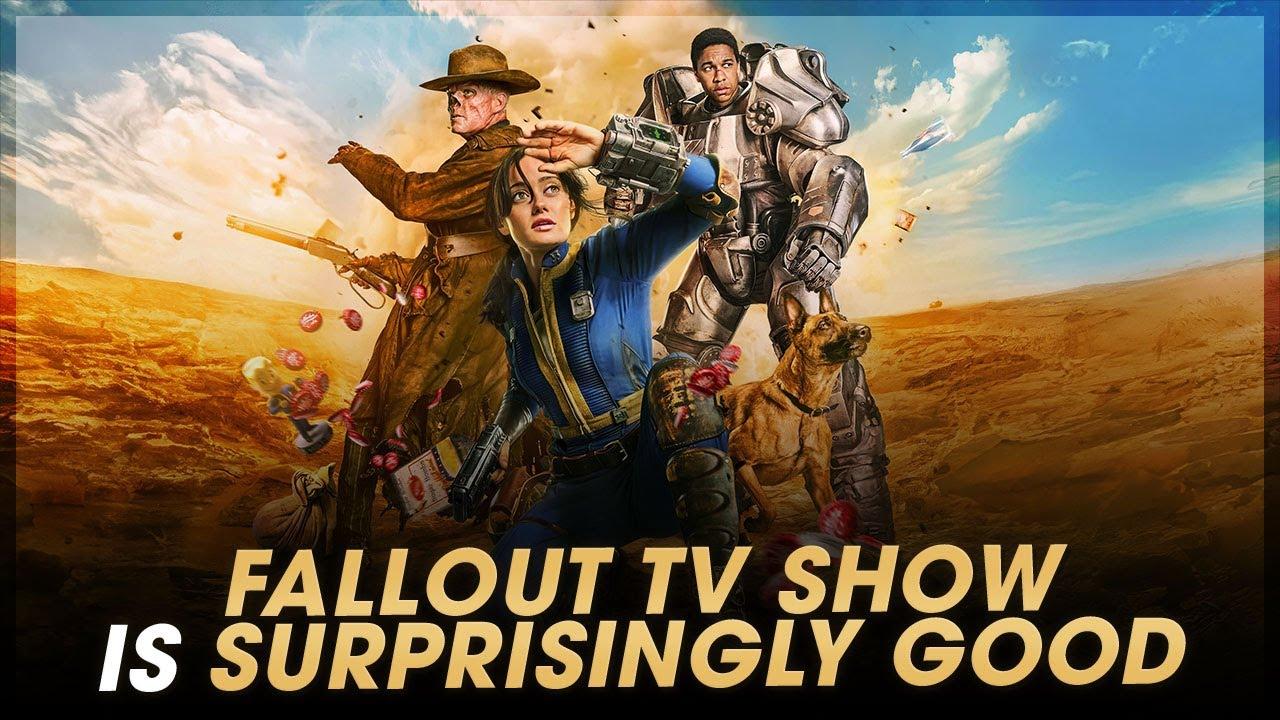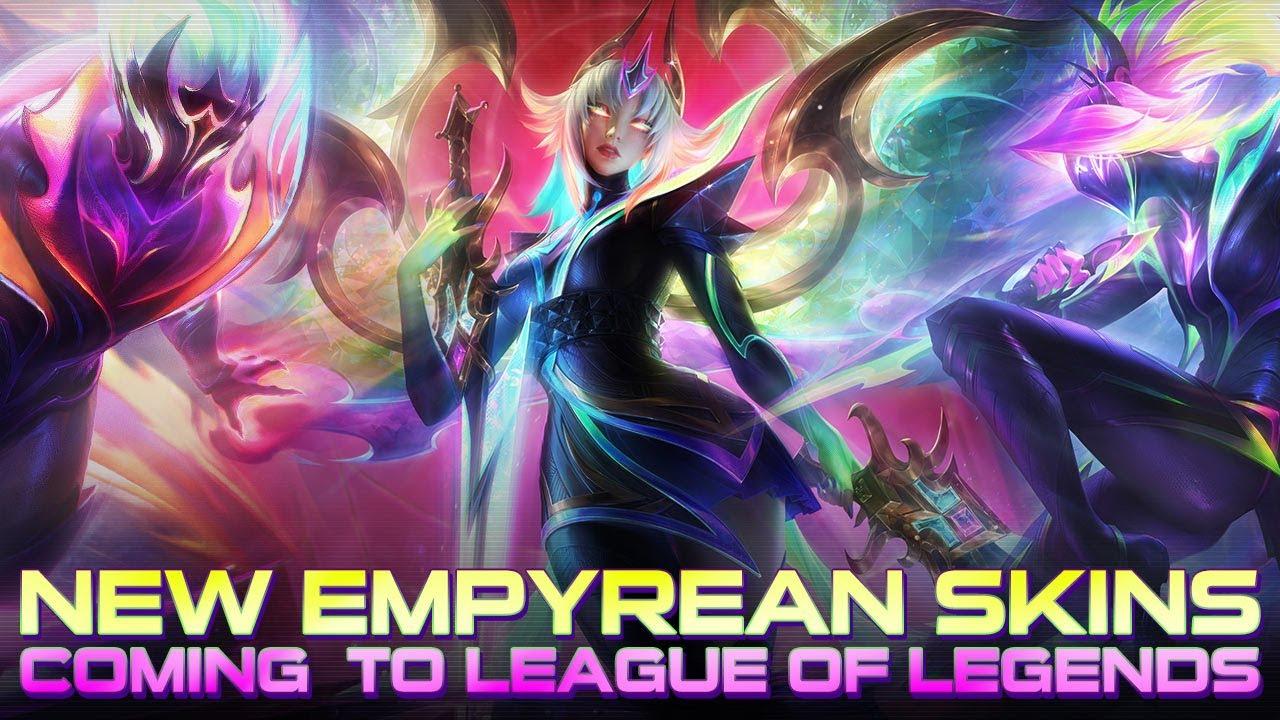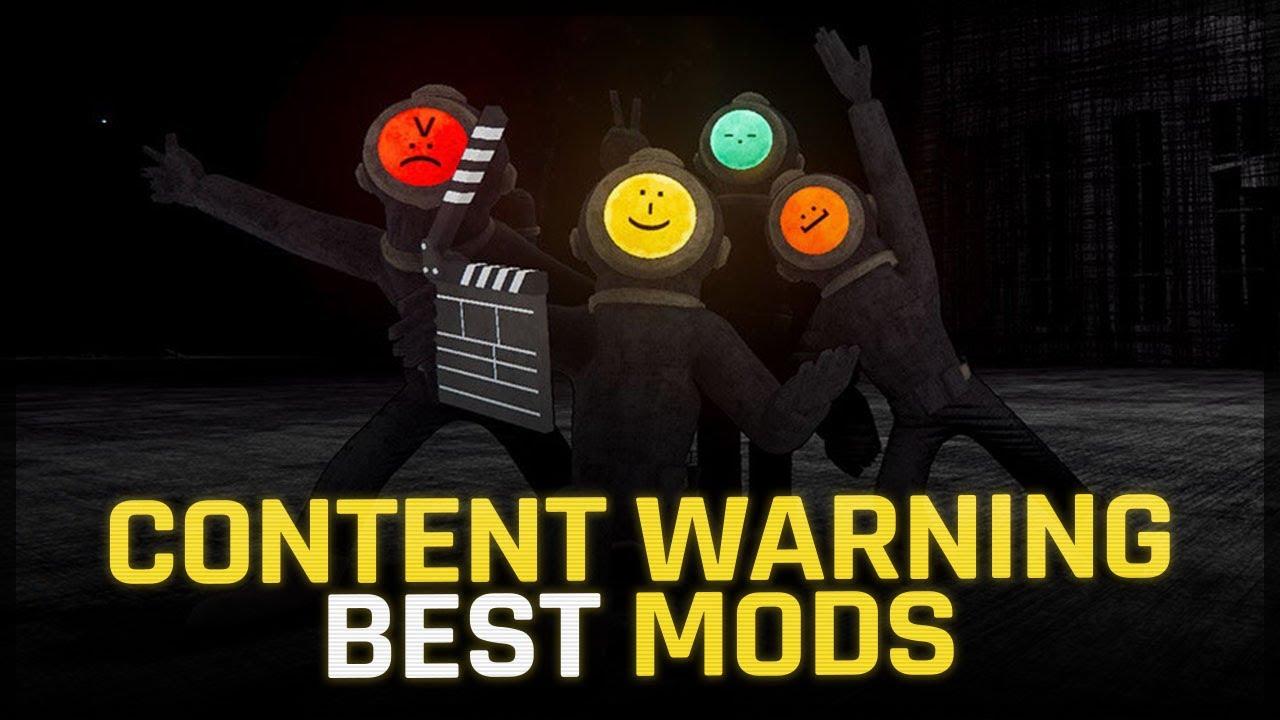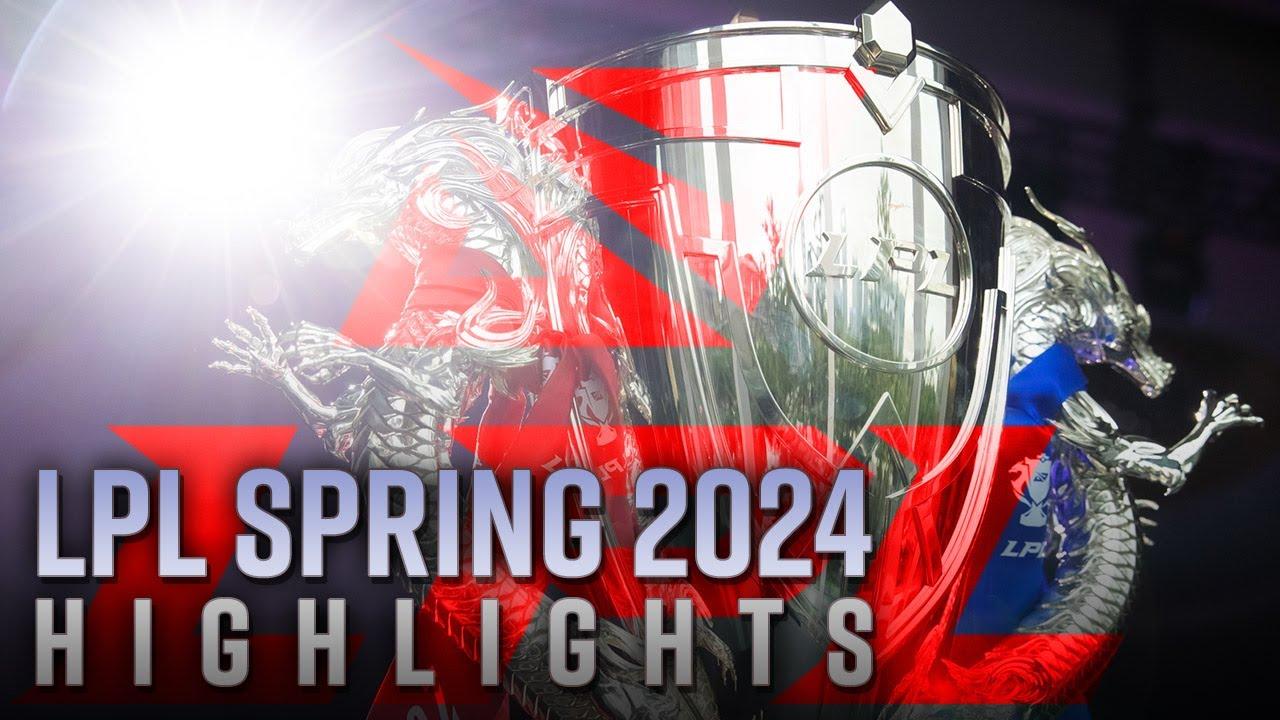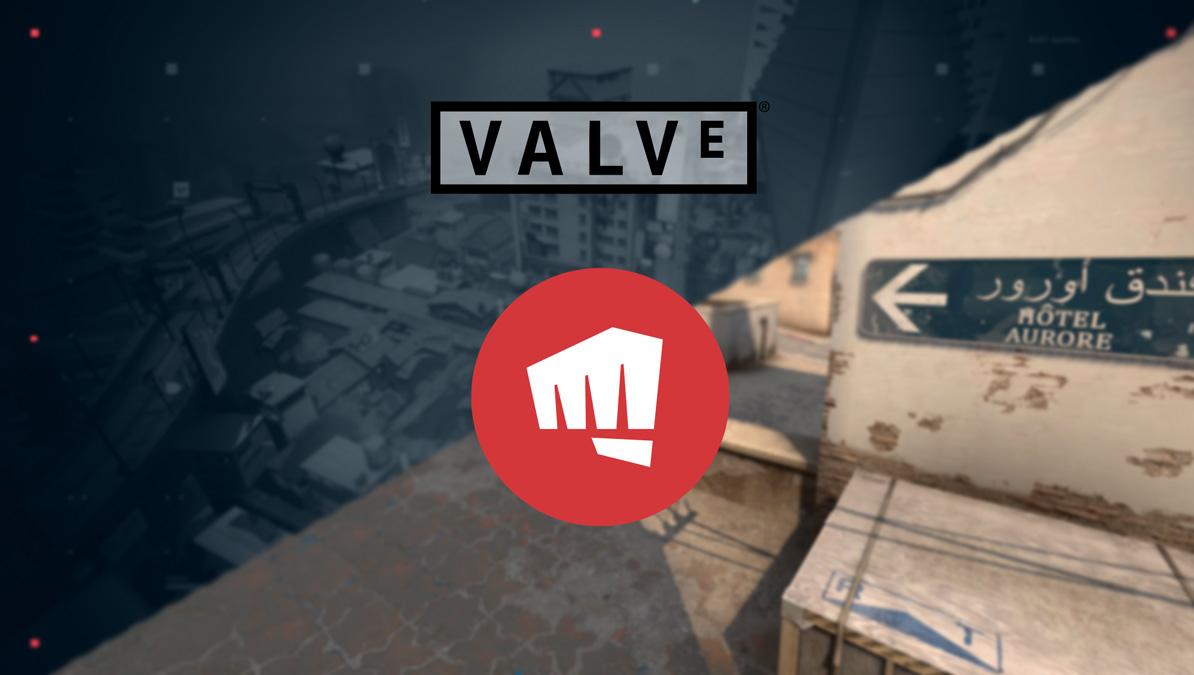
Is Valorant killing CSGO? It’s a fight between Riot and Valve
Many pro players and some teams have recently spoken to the possibility that Riot Games’ new tactical first-person shooter Valorant could soon overtake Counter-Strike: Global Offensive in popularity. But how is that happening, and is there anything that CSGO developer Valve can do about it?
In terms of professional talent, Valorant has seemingly taken the most from CSGO teams. The game has sometimes struggled to develop its new talent, with young players rarely getting an opportunity to break out into the big leagues. Over the past several years, some have made it, but many others have lacked the opportunity.
NA CS IS OFFICIALLY DEAD, I WENT & SAID IT.
PINGING EU CS FOR HELP, RT TO SPREAD AWARENESS.
THANK YOU.
— tarik (@tarik) October 13, 2020
Evil Geniuses’ Tarik “tarik” Celek authored this tweet, publically stating what many fans had already been thinking. Counter-Strike: Global Offensive has been the premier first-person multiplayer shooter for nearly eight years, but that was before Riot Games released Valorant in the early summer to a wave of hype. Everyone wanted in on the new FPS, a combination of Overwatch’s abilities and CSGO’s shooting mechanics. There is no doubt the game has been a big hit.
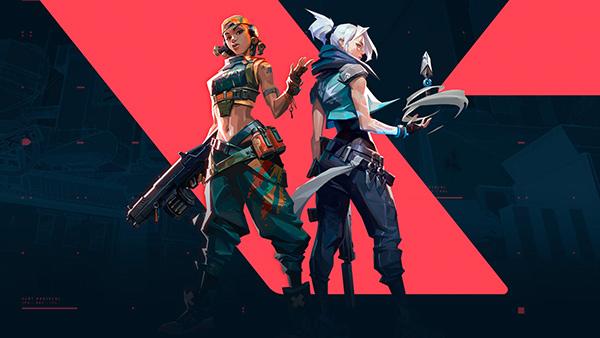
When Valorant released, many young players made the switch. But it wasn’t the gameplay or the lack of space in CSGO that pushed them away. Instead, it was Riot Games, the developer that has arguably come to define modern esports. When it took control of League of Legends tournaments away from third-party operators like ESL, Riot managed to turn esports into a more polished and consitent product. It was something that attracted not only players, but also teams and competing organizations as well.
CSGO’s PGL Major was a lesson in how poorly things can go. Even with Valve representatives on-site, many complained about the production quality, the delays, and the overall experience of what is supposed to be the biggest CSGO tournament of the year. Majors are effectively CSGO’s World Championships. The best teams from around the globe going head-to-head to find out who gets to lift a trophy that will define “the best” until the next Major. But with third-parties bidding for the opportunity, issuing DCMA strikes to popular CSGO streamers who were rebroadcast the event, and occasionally doing an awful job at hosting these tournaments, there was room for improvement that arguably never really came.
Riot’s history as an event organizer gives it the edge over Valve
Riot, on the other hand, has established itself as not just a great game developer, but a great tournament operator as well. Instead of CSGO’s freelance talent pool, Riot hired its own in-house production staff, casters, and analysts as full-time employees. While Riot was building its empire, Valve focused on Steam, and to some extent on its own MOBA, Dota 2. CSGO was left to fend for itself.

When Blizzard unveiled the Overwatch League, a franchised league for its own competitive game in Overwatch, many organizations were ready to jump in. But the momentum around the league slowed soon after its launch, and some top organizations, such as Team Liquid, never quite seemed ready to buy in.
Things were different with Riot’s launch of Valorant. Riot took a more patient approach, and Team Liquid was one of the first organizations to announce that they would field a team in Valorant.
Organizations trust Riot Games, not Valorant
Trust in a game’s developer and publisher is more important in esports than trust in a game, at least for competing organizations. Franchised leagues, tournaments, and control of an IP are important to organizations such as Team Liquid. Their avoidance of the Overwatch League was just as telling as their acceptance of Valorant. They trust Riot.
It isn’t just North America. Even though European organization G2 just purchased CSGO’s Nikola “NiKo” Kovač for what is rumored to be a massive buyout, the organization’s owner sees Valorant as becoming a top-tier esport.
“In Counter-Strike, all you have going for you is the mechanics… In two years, Valorant will be [a] top-five [esport]. Counter-Strike will be top-eight,” G2 owner ocelote said.
While he didn’t explain why exactly he thought this was the case, it can be inferred that Riot is a large part of why so many organizations are investing in a product that isn’t even six months old. It isn’t just the gameplay, as Counter-Strike and Overwatch both have a case there. But neither of them have Riot Games, a studio that has proven that it can not only run an esports league, but it can do so professionally and over a long period of time.
Ultimately, it’s Valve’s inability or unwillingness to take ownership over competitive Counter-Strike that could give Valorant the crown, not so much the game itself. Riot has dedicated itself to making Valorant a success. In contrast to Valve, organizations will continue to believe in Riot, because they’ve proven they can do it. Until Valve steps up and proves that they’re capable of the same things, Valorant will edge out CSGO just as Riot has edged out Valve as an event organizer.
Recommended

All maps are now available in CS2, what does it mean?
Poor Inferno players.

Redline creator reveals a sequel skin for CS2
Maybe call it the Orangeline?
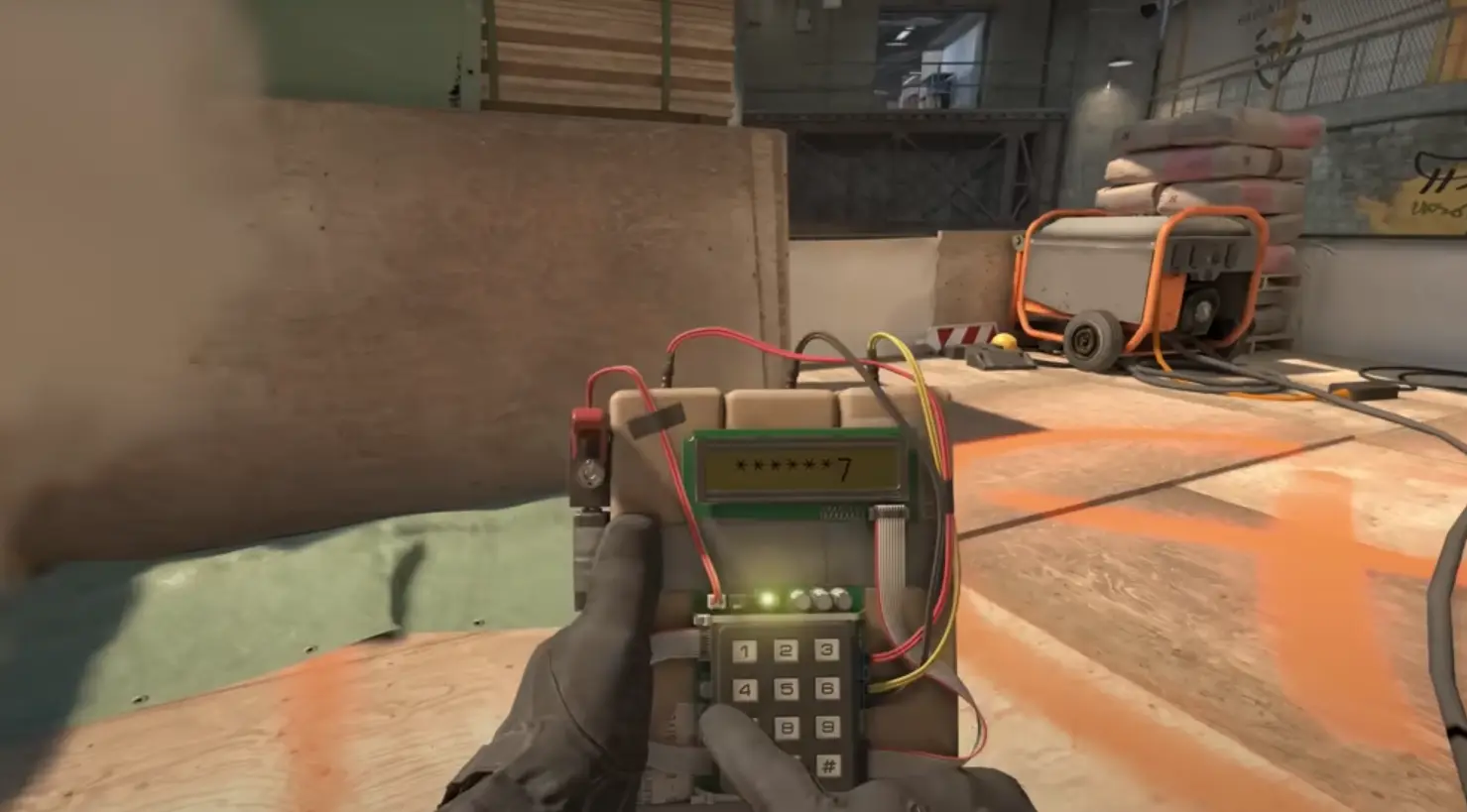
CS2 release date: Everything we know so far
Is it CS2-morrow? No, it is not.

